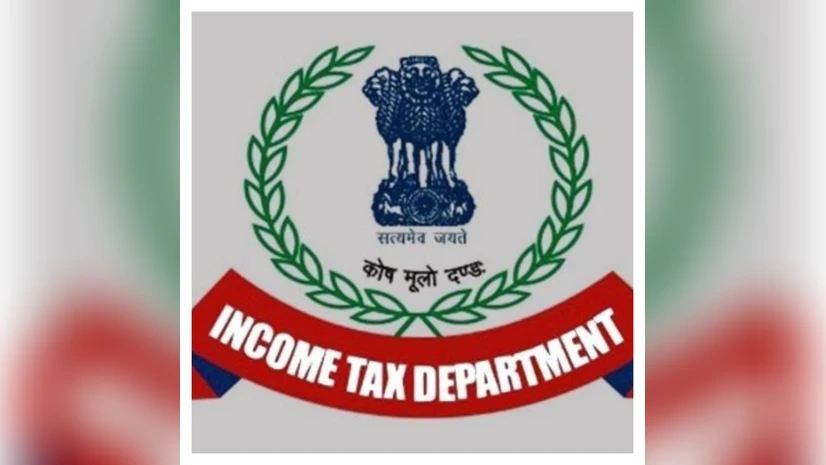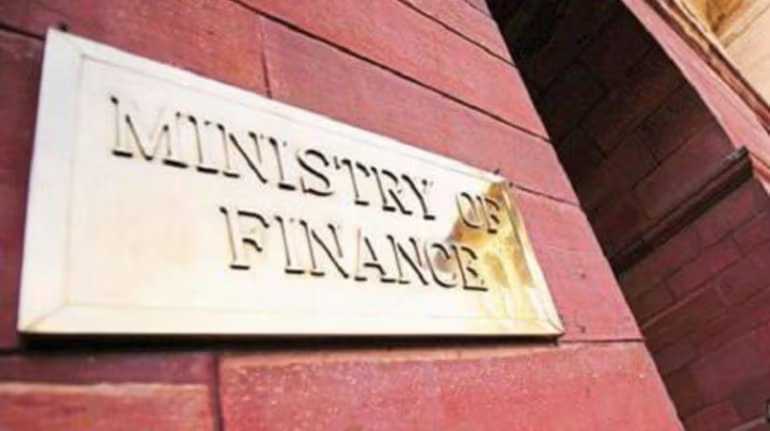Share

The credit score by CIBIL can decide whether someone gets a car loan, a home loan, or even a credit card. Yet, very few actually know how CIBIL works or who controls it. Most people in India know the importance of a CIBIL. It can decide whether someone gets a car loan, a home loan or even a credit card. The issue came up in Parliament recently when Karti P Chidambaram, Member of Parliament from Tamil Nadu, raised concerns about the lack of transparency in how CIBIL functions. “If you want to take a car loan, if the finance minister of this country wants to take a house loan, everything depends on the CIBIL score. But nobody knows how this CIBIL organisation works. It’s actually a private company. It’s a company called TransUnion. This is the company which is rating every one of us based on our credit history. But we do not know whether they are updating our credit history properly. There is no transparency. There is no way for us to appeal,” Chidambaram said in Parliament. He added that many borrowers face problems when their repayments are not reflected properly. “There is a complete asymmetry between the company which is rating us and us. There is no redressal at all. Every time we go to a bank, we are told our score is bad. Farmers repay loans using subsidies, but CIBIL does not update it. If there is a settlement with an ARC, CIBIL does not update it. There must be greater transparency,” he said. His comments have drawn attention to how exactly CIBIL functions and why it plays such a big role in everyday finances.
WHAT IS CIBIL?
CIBIL or TransUnion CIBIL, is one of four major credit bureaus in India. The others are Equifax, Experian and CRIF High Mark. All these bureaus are private companies, but they are regulated by the Reserve Bank of India (RBI) under the Credit Information Companies (Regulation) Act. “CIBIL is a credit information company which maintains credit information on millions of individuals and businesses. It collects and analyses their financial history by collecting their data from banks, NBFCs, credit card companies and other financial institutions who report customer credit history on a monthly basis,” explained Abhishek Kumar, Sebi-registered Advisor and Founder of Sahaj Money. An industry expert, who did not wish to be named, added: “These bureaus collect and maintain consumers’ financial information through lenders every month. This data is used to generate credit scores. Each bureau has its own method, so a score may vary slightly across them, but the differences are usually small.”
WHY IS CREDIT SCORE SO IMPORTANT?
The credit score ranges between 300 and 900. For lenders, it is often the first step in deciding if a person is creditworthy. “It becomes crucial because the score acts as the quick reference point for lenders when they evaluate a person’s creditworthiness. A good CIBIL score, usually 750 or above, helps in getting faster loan approval at lower interest rates. Without it, loan applications can be rejected or approved with higher interest rates and smaller amounts,” said Kumar. This is why banks and financial institutions rely heavily on CIBIL data when they assess applications for loans or credit cards.
HOW TRANSPARENT IS CIBIL?
Many borrowers complain that they don’t fully understand how their score is calculated. “CIBIL does share broad details about factors that impact the score, such as payment history, credit utilization, type and duration of credit. But it doesn’t disclose the exact algorithm or the weightage given to each factor. That makes it difficult for borrowers to know exactly how their behavior will change their score. It is proprietary,” Kumar said. This lack of clarity has led to concerns like the ones raised in Parliament, especially when people believe their repayment history is not updated correctly.
WHAT IF THERE IS AN ERROR IN CREDIT SCORE?
Mistakes in credit reports are not uncommon. A missed update from a bank or wrong linking of data, can pull down a score. “Correcting these errors can be done by filing a dispute with CIBIL. The process usually takes up to 30 days, during which the disputed field is marked ‘Under Dispute’ until it is verified and corrected,” Kumar explained. He added that CIBIL and other bureaus are allowed to access financial data under the Credit Information Act of 2005 and the RBI ensures that the data is handled only by authorized institutions.
WHAT HURTS YOUR CREDIT SCORE?
Experts say many borrowers unknowingly damage their score. “Common mistakes include irregular or missed EMI payments, applying for multiple loans at once, using more than 30% of the credit limit, not checking reports for errors, paying only the minimum credit card dues and closing old credit accounts,” said Kumar. To avoid these, he advised, “Always make payments on time, apply for loans cautiously, keep your credit utilization below 30% and regularly monitor your credit report.” The debate in Parliament has highlighted that while CIBIL plays a crucial role in determining who gets credit and at what cost, very few people know how it works. As Chidambaram pointed out, the lack of transparency and the limited scope for redressal leave borrowers feeling helpless. At the same time, experts argue that the system is regulated by the RBI and follows global practices of not disclosing exact scoring formulas.
Source : https://www.indiatoday.in/business/personal-finance/story/cibil-credit-score-rating-how-to-improve-loans-emis-transparent-trans-union-personal-finance-2775191-2025-08-22










